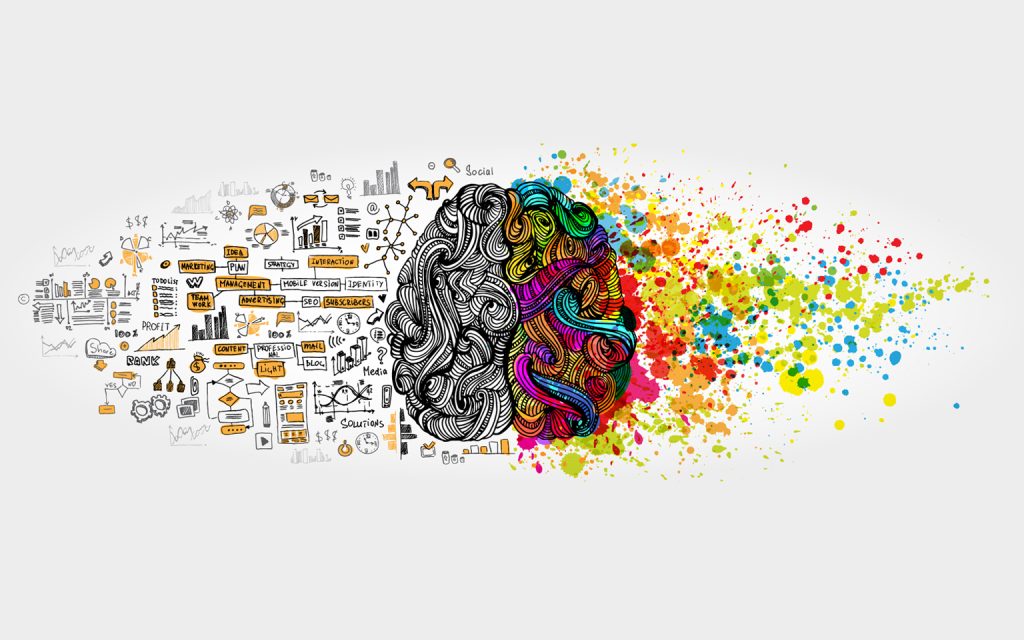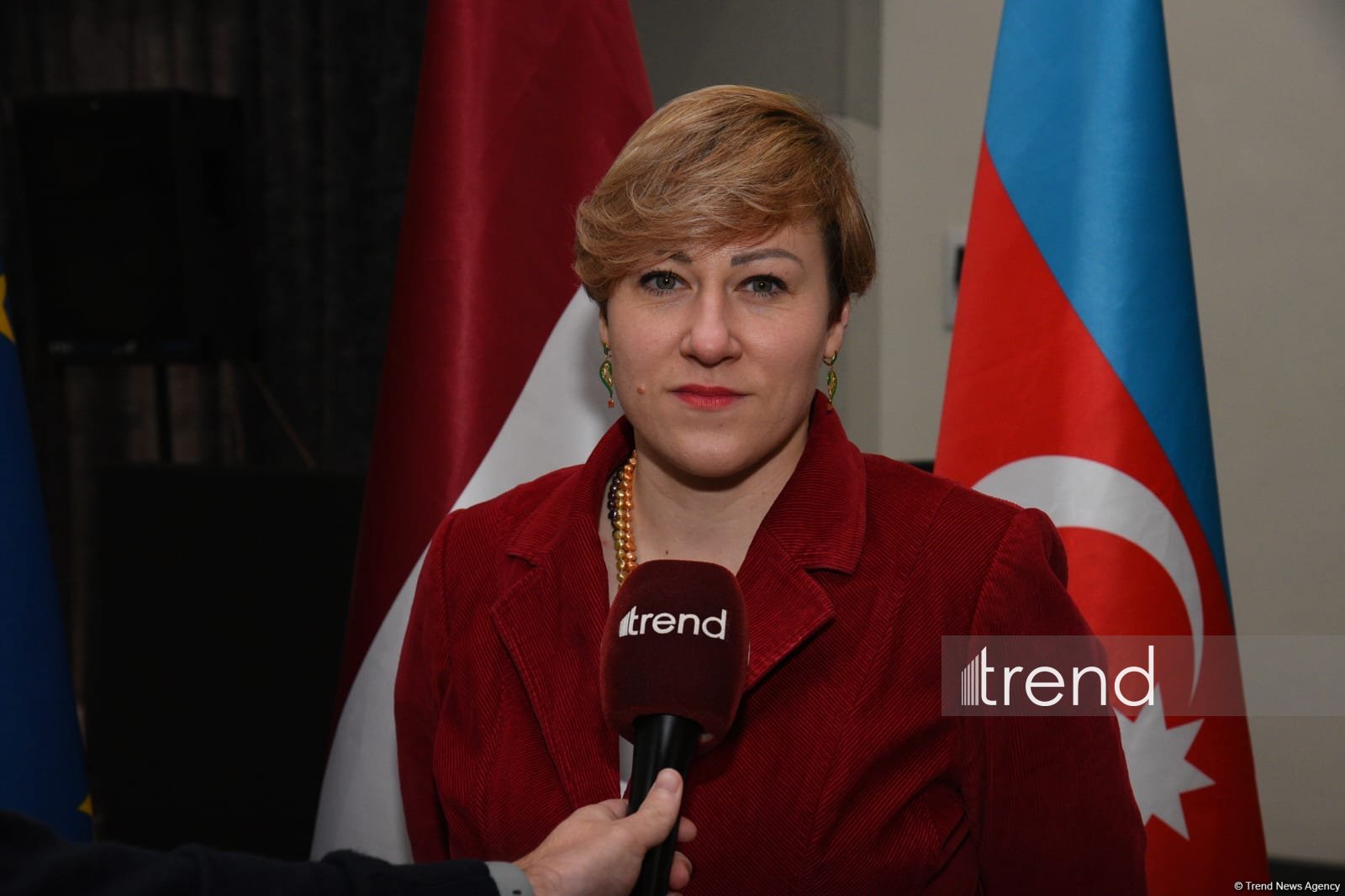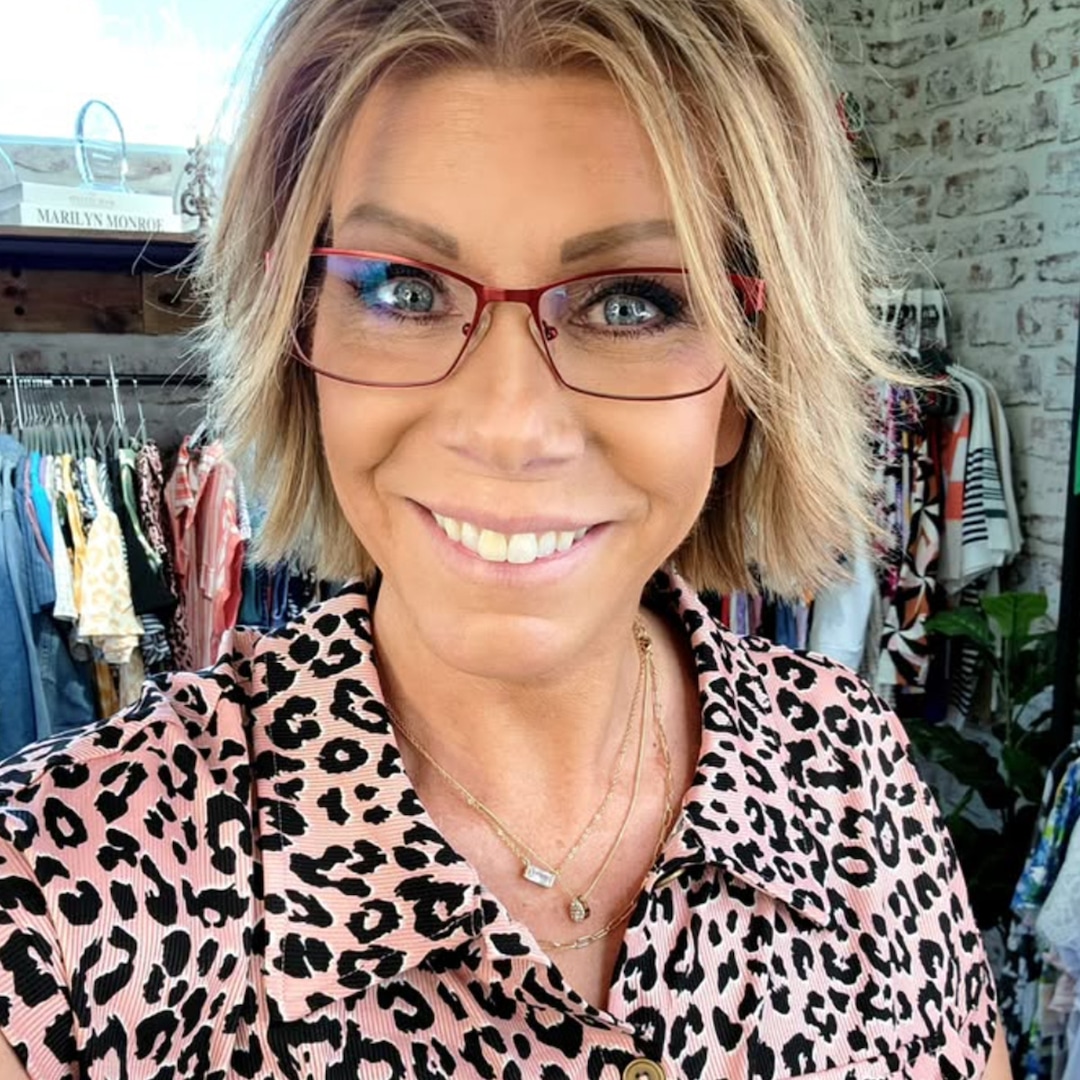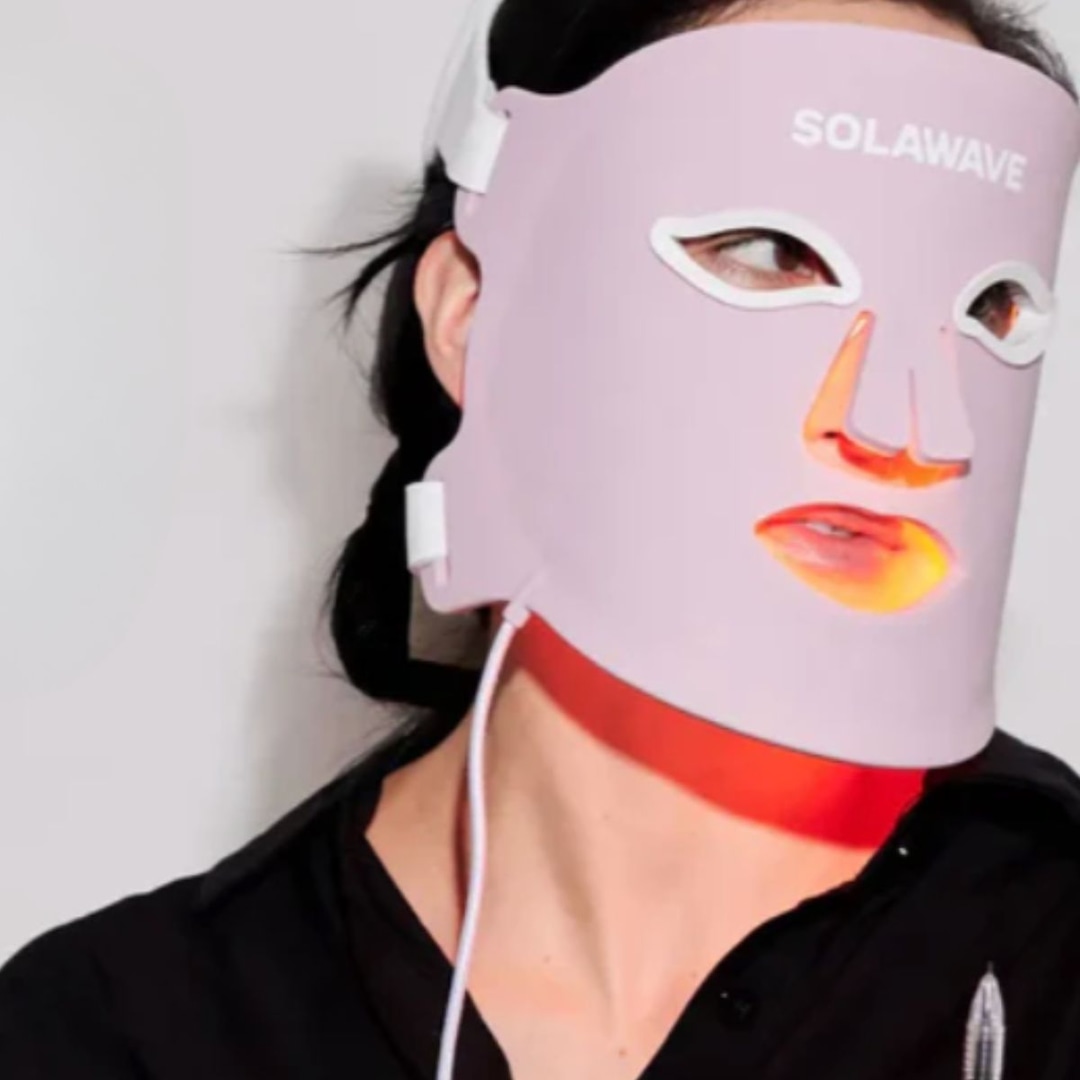From Bias to Breakthrough: Dr. Grace Lordon on Rewiring Workplaces with Behavioural Science


Dr. Grace Lordan is a diversity & inclusion speaker, and a distinguished voice on behavioural science, represented by The Champions Speakers Agency.
As an Associate Professor at the London School of Economics and Founding Director of The Inclusion Initiative, Grace has built a celebrated career exploring how bias, discrimination, and technological change shape human behaviour and workplace dynamics.
Her ability to translate cutting-edge research into practical strategies has made her one of the most sought-after speakers for organisations striving for meaningful, inclusive progress.
In this exclusive interview with The Champions Speakers Agency, Grace shares her insights on behavioural science, the future of work, and the realities of building truly inclusive workplaces.
Q: What tends to hold people back from reaching their full potential in their work and ambitions?
Grace Lordan: “People themselves stop themselves. The person who’s stopping you from achieving your full potential is most definitely likely to be you. OK, it mightn’t be the full part of the story. It is true that out in society there are biases, there is discrimination that other people have that will ultimately hold you back.
“Maybe in your organisation, things aren’t being done as well as they should be. But nonetheless, there’s so much within your own control – from confirmation bias to planning fallacy to commitment phobia to loss aversion to fear of failure. All of these things are mental traps that will hold you back.
“When I talk about thinking big, I like to talk about the things that are within our own control, that we can do today in order to move us forward in our career journeys.”
Q: What’s your take on the recent shift in attitudes towards DEI efforts?
Grace Lordan: “I’ve always been quite cynical about diversity, equity, and inclusion initiatives as they’ve been rolled out in organisations.
“The reason being that most of them aren’t evaluated for success, which is really unusual for these large investments that organisations have made for a long period of time. And when they are evaluated for success, many of them actually have a negative impact or a neutral impact. So, they’re not actually progressing diverse talents in the organisation at all.
“I think, given the backlash of diversity, equity, and inclusion, it is now the time to have a rethink about what we mean about creating good cultures in organisations where all talent can thrive.
“And for me as an individual, and also for the inclusion initiative for LSE, which I run, that means creating inclusive cultures where all colleagues have opportunities, visibility, and voice to thrive in the organisation. We make sure that people aren’t divided by gender, ethnicity, or some other characteristic, but more that they’re united by wanting to have an inclusive culture.”
Q: How can access to opportunities shape a more inclusive and supportive environment?
Grace Lordan: “Organisations can create a more inclusive workplace by focusing on opportunities, visibility, and voice of all colleagues, regardless of their demographics or aspects of diversity. So, what this means is that they get a good grasp on the differences in opportunities, visibility, and voice colleagues are having on a daily basis, and they seek to understand why.
“From my experience working with organisations, there’s usually two reasons. One, it could be that somebody isn’t getting enough opportunities because there are performance management issues. Then organisations need to step in and give good quality performance management training to their managers. But more likely it’s because biases are at play.
“These biases aren’t caused by a person wanting to act maliciously – they’re usually caused by a person being time poor. We coach managers in order to allocate opportunities, visibility, and voice in a much fairer way, by asking them to make salient on a regular basis who they’re giving these really important things to.”
Q: How do you see the nature of work evolving over the next few years?
Grace Lordan: “I think the workplace is already evolving, which is super exciting. And the big thing that artificial intelligence is helping tackle is busy work. So, I’ve seen artificial intelligence being incorporated in organisations to make people more productive.
“I’ve seen it being incorporated into organisations to allow meetings to run more effectively – so telling the person who’s speaking too much to quieten down, and nudging people who are speaking too little to say a bit more.
“It’s also replaced note-takers in meetings, again, freeing up time for people who have to painstakingly take notes, for them to actually pay attention. It’s allowing for more focused time in organisations, so people have more concentrated work. And I think that this trend is going to get bigger over the next two to five years.
“So, it’s going to mean that artificial intelligence is going to focus on decreasing the amount of busy work in organisations – which is the type of routine, boring tasks that none of us like doing – and freeing up time for us to do other things that are more interesting for the organisation, like getting creative, assessing risk better, and innovating.
“Ultimately, I see artificial intelligence, in both professional and non-professional work, making things easier for employees.
“The question of course is on everybody’s mind: what are the jobs that are going to be replaced? What are the jobs that are going to stay there? And what are the jobs that are going to gain the most from artificial intelligence?”
Q: How can businesses leverage behavioural science for success?
Grace Lordan: “Behavioural science is the study of human behaviour, and it helps us understand better why people behave the way that they do. It also helps us to understand better how we can actually change behaviour of individuals within organisations. I think that says it all.
“I think if you’re a manager in an organisation, or if you’re in the C-Suite, or human resources, or you’re in compliance, having a toolkit of behavioural science at your disposal that allows you to change the behaviour of individuals in your organisation for the better – getting them to align with business objectives, getting them to be more productive, even getting them to arrive on time – is bound to be useful for you.”
This exclusive interview with Dr. Grace Lordon was conducted by Roxanna Farthing of The Motivational Speakers Agency.
The post From Bias to Breakthrough: Dr. Grace Lordon on Rewiring Workplaces with Behavioural Science appeared first on European Business & Finance Magazine.















































